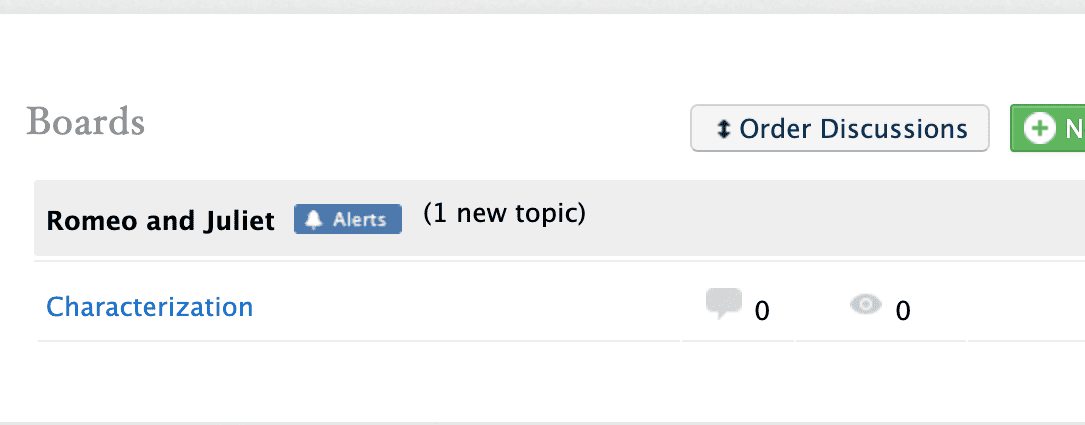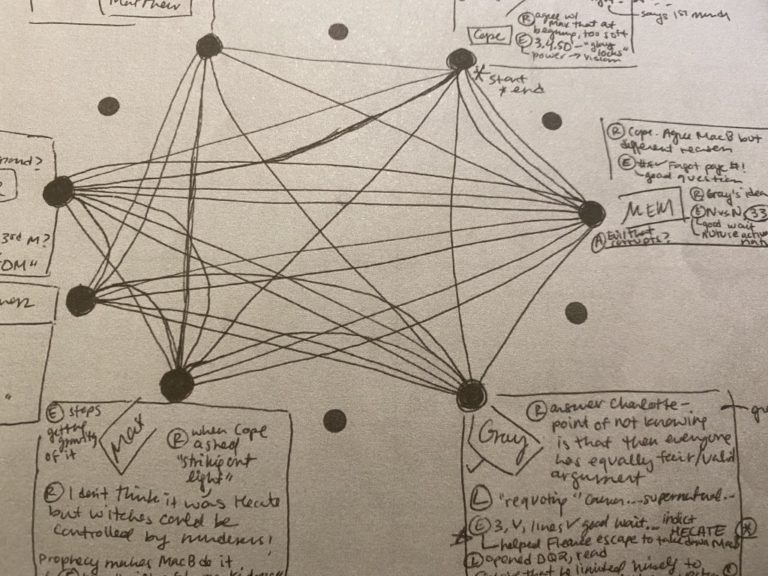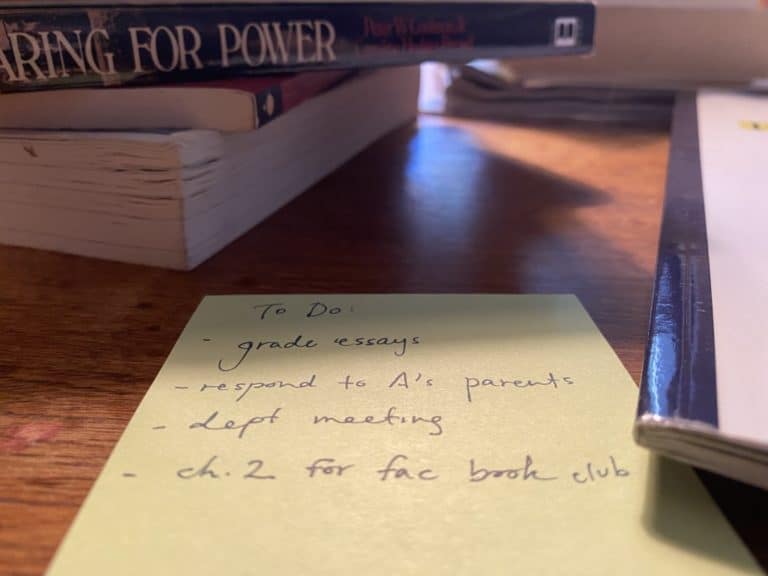Stealth Assessment
Footnotes posts summarize the newest research related to student-led discussion. Think of it as teacher-approved SparkNotes (with better citations) for papers published by top schools of education, research-based websites, and think tanks.
Valerie Shute and Matthew Ventura, “Stealth Assessment: Measuring and Supporting Learning in Video Games.” We learned about Shute and Ventura’s work in our Office Hours with Jessica Yarbro a few weeks ago and decided that we needed to look into it. Shute’s Macarthur-funded research investigates ways to gather data about the way that students learn organically, or “stealthily,” through their actions and decision-making as they play video games. Assessing competencies during play time, and in games in which knowledge is inherently formative (paced to move forward), allows researchers — and potentially, one day, teachers — “to unobtrustively, accurately, and dynamically measure how players are progressing” in key competencies. Shute and Ventura, in this 2013 study, sought to assess whether or not, and if so, how games can support student learning of competencies like creativity, persistence, and conceptual understandings. Ultimately, the design of these games is intended to help students learn more about their learning; in gathering data on their play and sharing it back, the stealth assessments seek to empower students with a broader set of information to incorporate into a metacognitive practice. Even without sophisticated video games at our disposal, we find Shute and Ventura’s embrace of games for formative assessment inspiring and wonder, after reading, what it might look like for teachers to enact “stealth” assessments in existing classrooms without sophisticated technology.






